Introduction
Losing baby teeth is a natural part of growing up, typically happening between the ages of 6 and 12. As new permanent teeth come in, baby teeth make way for a mature smile. But what happens when you lose a baby tooth before the permanent tooth is ready to emerge? In this article, we’ll explore what happens if you lose a baby tooth, whether naturally or prematurely, and the potential consequences.
What Happens When You Lose a Baby Tooth?
Baby teeth, also known as primary teeth, serve as placeholders for permanent teeth. When a baby tooth is lost, it allows room for the permanent tooth to come in and take its place. In most cases, this happens naturally as part of a child’s development. However, if a baby tooth is lost prematurely due to injury or decay, it can lead to complications, such as shifting teeth or misalignment of permanent teeth. Learn more what crooked teeth can do for your bite.
What the Research Says
Research shows that the timing of baby tooth loss is crucial for proper dental development. If baby teeth are lost too early, it can affect the positioning of the permanent teeth, leading to bite problems and orthodontic issues later in life. For example, early loss of baby teeth can cause adjacent teeth to shift into the empty space, which can crowd the developing adult teeth. We have put together an article about baby dental care in Etobicoke, check it out.

Common Consequences of Losing a Baby Tooth
1. Natural Tooth Replacement
In most cases, losing a baby tooth is part of a normal process, allowing the permanent tooth to emerge in its place. This typically occurs between the ages of 6 and 12. The permanent tooth slowly pushes the baby tooth out, and over time, the new adult tooth fills the gap.
2. Premature Tooth Loss
If a baby tooth is lost prematurely due to trauma or decay, there may be consequences for the alignment of the permanent teeth. When a baby tooth is lost before the permanent tooth is ready to emerge, the surrounding teeth may shift into the space, causing crowding or misalignment. This can lead to bite issues or require orthodontic treatment to correct.
3. Spacing and Alignment Issues
Baby teeth help guide permanent teeth into their correct position. If a baby tooth is lost too early, the surrounding teeth may move, creating a lack of space for the permanent tooth. This can result in crowded teeth, requiring braces or other orthodontic treatments to correct the alignment.
4. Delayed Eruption of Permanent Teeth
In some cases, if a baby tooth is lost too early, the permanent tooth may not erupt as expected. This can lead to delayed tooth emergence or complications with the timing of other teeth coming in. If the new tooth doesn’t erupt in time, it may require intervention from a dentist.
5. Speech and Chewing Problems
Losing a baby tooth prematurely can cause issues with chewing and speech, especially if the front teeth are affected. Missing teeth can impact a child’s ability to chew properly or pronounce certain sounds. This can affect speech development, particularly if multiple baby teeth are lost too early.
How Long Can You Go Without Replacing a Lost Baby Tooth?
In most cases, baby teeth naturally fall out and are replaced by permanent teeth within a reasonable time frame. However, if a baby tooth is lost prematurely, it’s important to visit a dentist to ensure that the surrounding teeth don’t shift into the empty space. A space maintainer may be recommended to hold the gap open until the permanent tooth is ready to come in.
How to Address the Consequences of Premature Baby Tooth Loss
If your child loses a baby tooth prematurely, there are several steps you can take to protect their oral health:
- Visit a Dentist: Your dentist can assess the situation and determine whether any intervention is needed to maintain proper spacing and alignment.
- Space Maintainers: If necessary, your dentist may recommend a space maintainer to keep the gap open and ensure the permanent tooth has room to grow.
- Monitor Dental Development: Regular dental checkups will help monitor your child’s dental development and catch any potential issues early.
Preventing Further Dental Problems
To protect your child’s baby teeth and ensure proper dental development, follow these preventive tips:
- Practice Good Oral Hygiene: Encourage your child to brush twice a day and floss daily to prevent decay and premature tooth loss.
- Regular Dental Checkups: Schedule regular dental visits to monitor the health and development of your child’s teeth.
- Protect Against Injury: If your child participates in sports, ensure they wear a mouthguard to prevent tooth injury and premature tooth loss.
Conclusion
Losing baby teeth is a natural part of growing up, but losing them prematurely can lead to dental complications such as alignment issues, delayed tooth eruption, and the need for orthodontic treatment. By addressing premature tooth loss early and taking steps to maintain proper spacing, you can help ensure that your child’s permanent teeth come in correctly.
Call to Action
If your child has lost a baby tooth prematurely or you have concerns about their dental development, contact your kids dentist in Etobicoke today to schedule an appointment and receive professional guidance on how to protect their smile.




